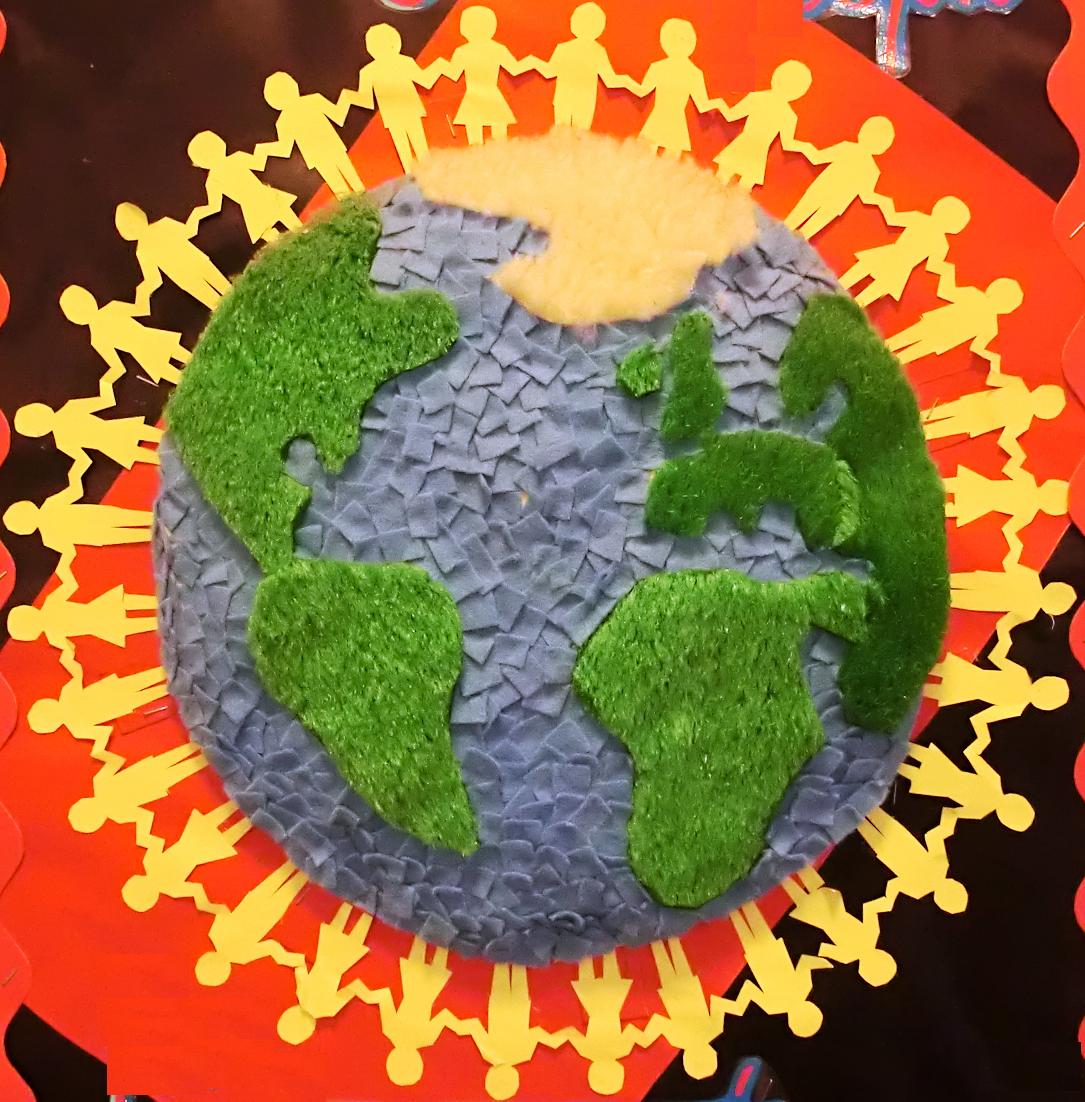Thriving in Global Diversity©
Research points to the need for specific intercultural skills, and conspicuous gaps which may be holding back companies in their quest for success in diverse global markets. There are case studies documenting the experience of companies who do things differently and taste exceptional success in global markets.

Thriving in Global Diversity
Why:
- Business requires more than functional proficiency, amongst other things, it increasingly requires culturally proficiency, at a global scale.
- The value of cultural proficiency becomes more pronounced by the cost of absence – by missed opportunities, strained relationships, poor collaboration and plain old screw-ups!
- While in many instances (for reasons of political correctness) the root cause does not get flagged as the inadequate handling of cultural differences; an honest assessment may well find inadequate cultural sensitivity/awareness to be the true underlying cause.
- Symptoms may include one of many, such as, team conflict, poor collaboration, low productivity, strained relationships, non-responsive supplier, loss of business focus, impact on profits, absence of loyalty, poor return on investment, and so on.
- Put another way – all things being equal – which partner/supplier/remote employee – would any company find it easier to trust? Clearly the only more culturally proficient!
What:
- The workshop program serves business leaders, managers, players and young professionals – who work in global cultural diversity, with colleagues, suppliers, prospects, customers; directly or remotely.
- Today this defines a significant and increasing number of professionals in an increasing number of companies. It addresses the fastest emerging skill gap of the times, as economies, markets and workforces increase inter-dependence.
- The workshop is designed to deliver a practical and pragmatic approach to enhancing intercultural effectiveness, by engaging participants in critical thinking and problem solving, in dealing with global diversity, in relationships and teams, internal or external.
- The results include a shared vocabulary, simple strategies to engage effectively across diversity, while avoiding stereotyping and long lists of do’s and don’ts.
